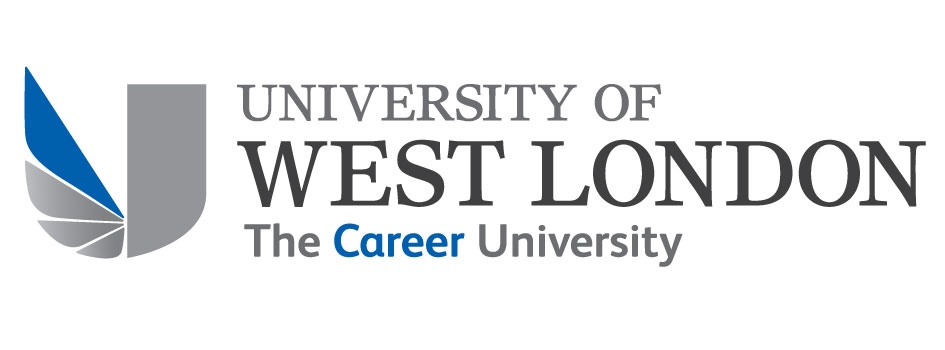Name : Francisca Chiamaka Umeh
Title of thesis : Digital Business Readiness Assessment Framework: A Study of Fashion Retail SMEs in Lagos, Nigeria.
Course : PhD in Computing and Information Systems
Year completed : 2021
Supervisors :
-
Dr Chekfoung Tan
Associate Professor in Transformation Leadership at University College London -
Dr Yu-Chun Pan
Interim Programmes Director and Associate Professor at Northeastern University -
Prof Hafiz Khan
Professor of Public Health and Statistics at the University of West London
Small-medium enterprises (SMEs) are key players in the global economy. Nonetheless, the level of SMEs incorporating digital business strategies is limited, affecting the extent to which SMEs are in a position to drive a digital economy. Moreover, many SMEs in emerging economies are unprepared to participate fully in digital business, due to poor behavioural intention to use technology, poor decision-making strategies, low customer readiness and lack of long-term digital initiatives.
To address these challenges, assessing the digital business readiness level is crucial, especially as techno-anxiety, techno-complexity, and parsimony (reluctance to spend money) are emerging causatives of poor digital business and technology alignment at the digital business readiness level. ‘Techno-anxiety’ is an extreme unwillingness to use technology due to digital security apprehension. ‘Technocomplexity’ is extreme unwillingness to use technology due to digital intricacy. Parsimony is extreme unwillingness to spend money. And these negative factors have led to an increase in consumer over-dependency on foreign and imported goods. For example, there is a high dependency on foreign and imported goods from fashion retailers in Lagos, Nigeria - a significant economic hub in West Africa and globally. Francisca's PhD developed a digital business readiness assessment framework (DBRAF) for fashion retail SMEs. DBRAF is a digital business readiness assessment tool, which examines fashion retail SMEs in order to identify the specific areas that need to be addressed to reach the desired level of digital business readiness and avoid business failure. DBRAF scores between LDBRL, the MDBRL and the HDBRL. Low DBRL (LDBRL) means that the SMEs are very predictable, and technology is inactive. Medium DBRL (MDBRL) means that fashion SMEs are responsive businesses. High DBRL (HDBRL) means that the fashion retail SMEs are technologically optimised and have been able to maintain a position in the competitive market. Ultimately, to be digitally ready, organisations must demonstrate the ability to adopt essential and fundamental ICT, in the manner of enterprise social networks and other social computing for such business purposes.
Essentially, DBRAF achieves two critical things. First, it shows whether the SMEs are reluctant to adopt innovative strategies in Lagos, Nigeria. And secondly, the aim is to convert businesses from techno-disadvantaged to digitally transformed enterprises. The digital business readiness assessment tool could be developed into a software solution to automate the entire process in DBRAF. Automating DBRAF can extensively facilitate its application level by distributing the assessment tool to more SMEs. Moreover, the software can also be built as an offline software – one that does not require an internet network connection, so as to improve privacy, functionality, and compliance in a less developed context.
DBRAF has been presented at several conferences, including the UK Academy for Information Systems (UKAIS) and UWL Doctoral conferences. Francisca is a member of the Association of Information Systems, and lectures Digital Enterprise at the University of West London, where she continues to offer more insights into the role of digital enterprise in the 21 st Century.

